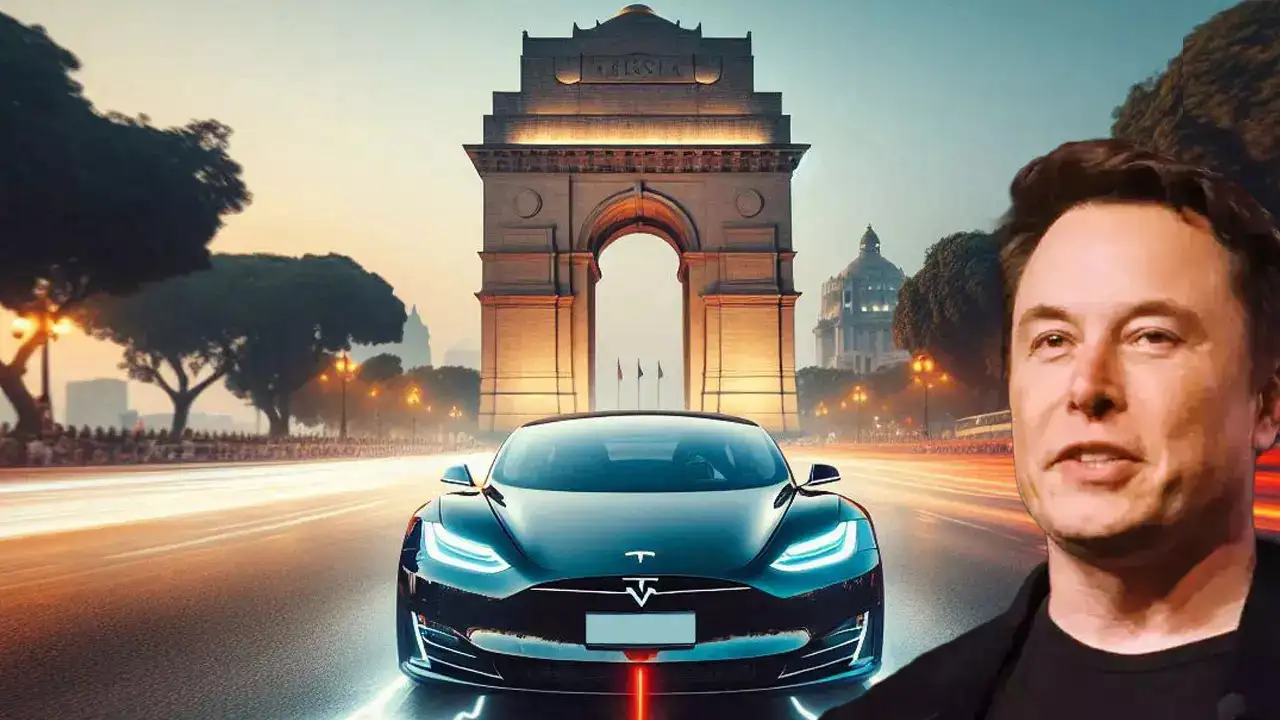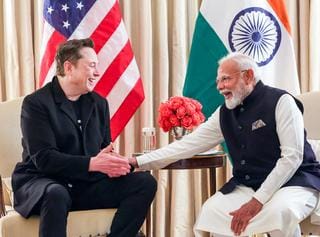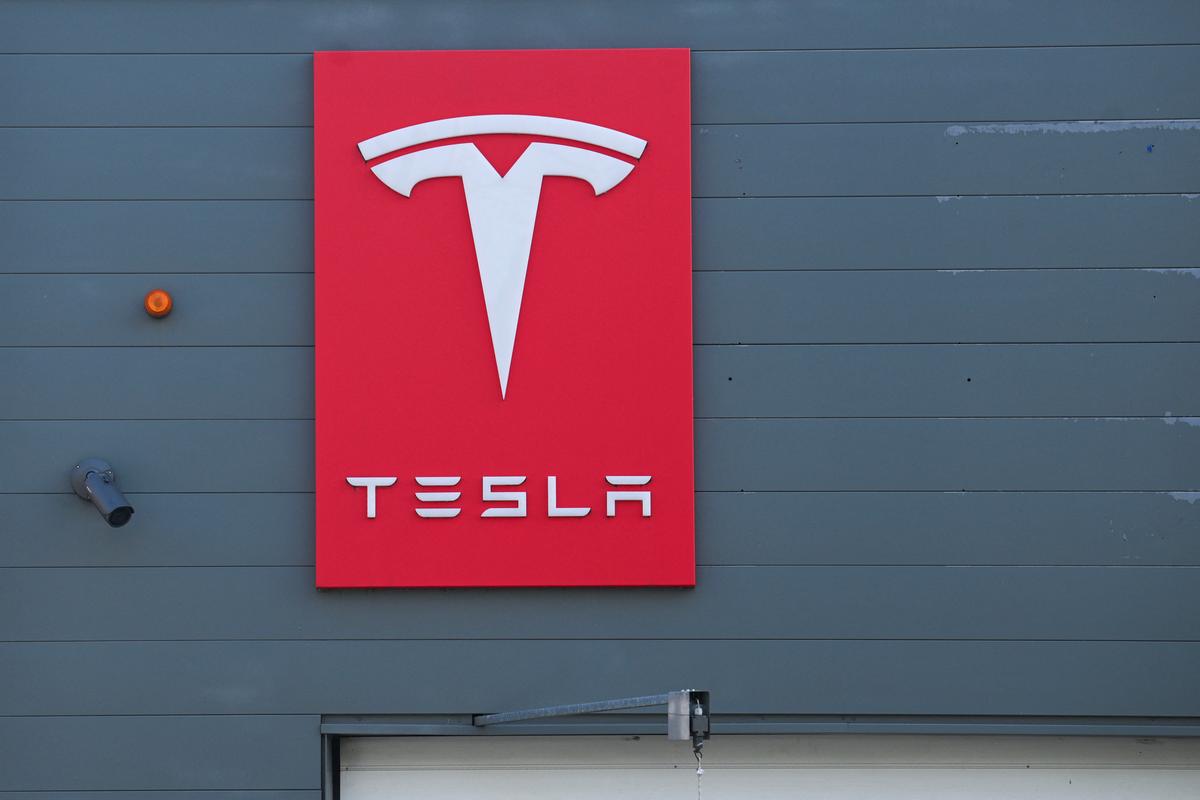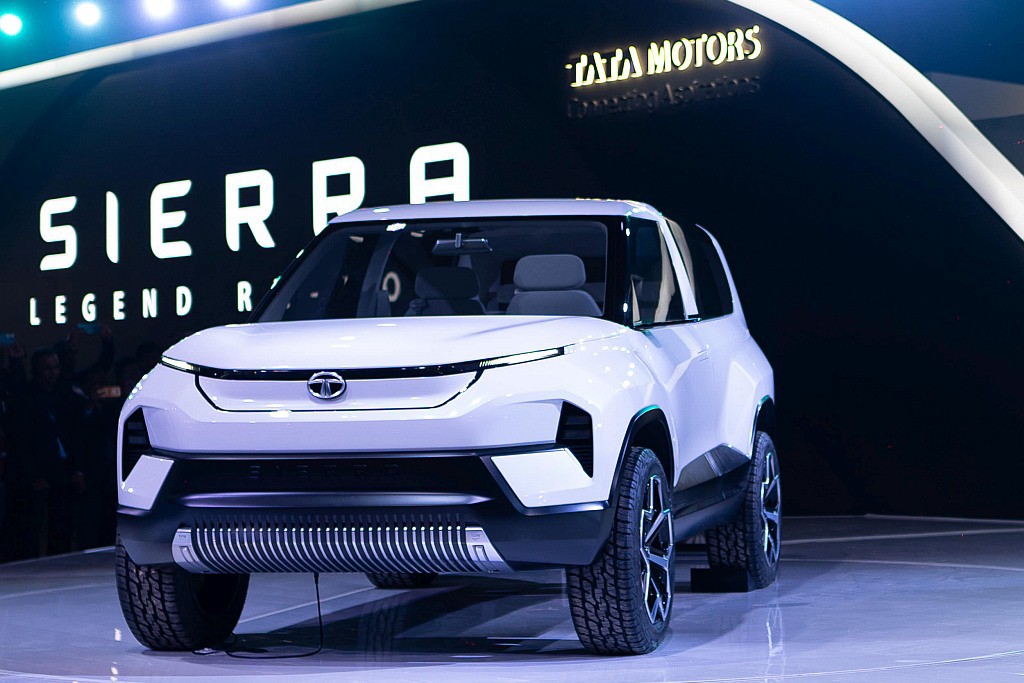
Tesla says India’s 100% car tariffs make customers anxious
Tesla Raises Concerns Over India’s 100% Car Tariffs: Impact on Customers and Market

Tesla has voiced significant concerns regarding India’s steep 100% tariffs on imported vehicles, stating that these high tariffs create anxiety among potential customers. This situation poses challenges for the electric vehicle (EV) market in India, as Tesla aims to expand its footprint in one of the world’s largest automotive markets. Here’s a closer look at the implications of these tariffs and what they mean for consumers and the industry.
Understanding the Tariff Impact
| Aspect | Details |
|---|---|
| Tariff Rate | 100% on imported vehicles |
| Impact on Pricing | High tariffs lead to increased vehicle prices, making EVs less accessible to consumers. |
| Consumer Sentiment | Potential buyers express anxiety over high costs and uncertain pricing s |
Tesla’s Position
Tesla’s management has highlighted that the current tariff structure is a significant barrier to entry for the company in the Indian market. Key points from Tesla’s statement include:
- Affordability Concerns: The high tariffs make it difficult for Tesla to offer competitive pricing, which could deter potential customers.
- Market Growth: Tesla believes that reducing tariffs could stimulate growth in the EV sector, making electric vehicles more appealing to Indian consumers.
- Investment Plans: The company has expressed interest in establishing a manufacturing facility in India, contingent on a more favorable tariff environment.
Implications for Indian Consumers
- Higher Prices: With the current tariff structure, consumers may face significantly higher prices for Tesla vehicles compared to other markets.
- Limited Options: The high costs may limit the availability of Tesla models, reducing choices for consumers interested in electric vehicles.
- Market Competition: Other automakers may also be affected by the tariffs, potentially leading to a slower adoption of EVs in India.
Government Response
The Indian government has been under pressure to reconsider its tariff policies to promote electric vehicle adoption. Potential changes could include:
| Proposed Changes | Details |
|---|---|
| Tariff Reductions | Lowering tariffs on EV imports to encourage market growth. |
| Incentives for Manufacturers | Offering incentives for companies to set up local manufacturing pl |




